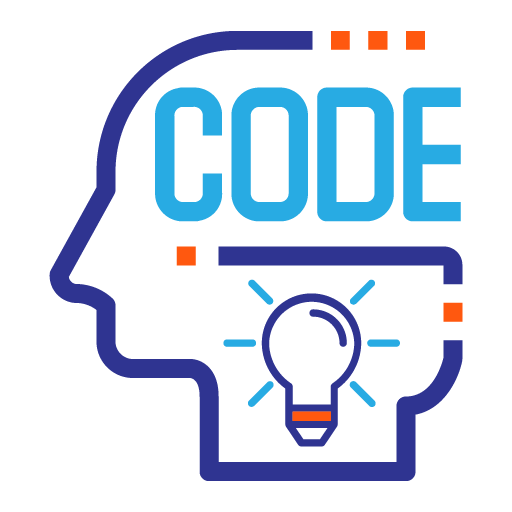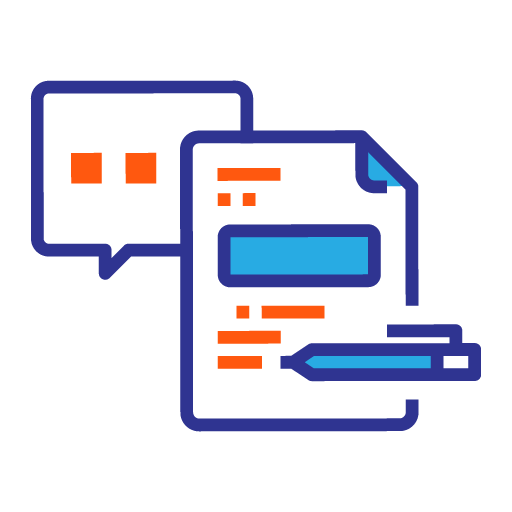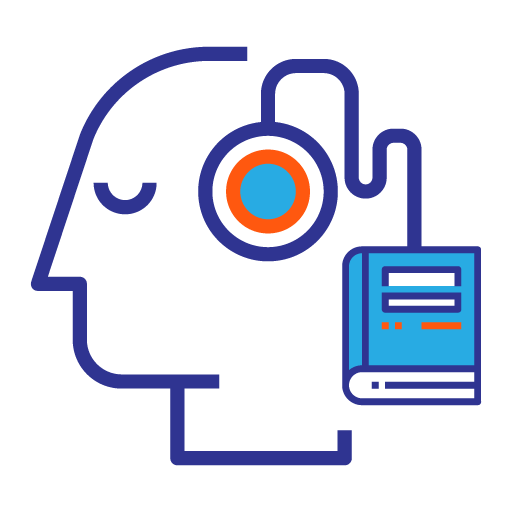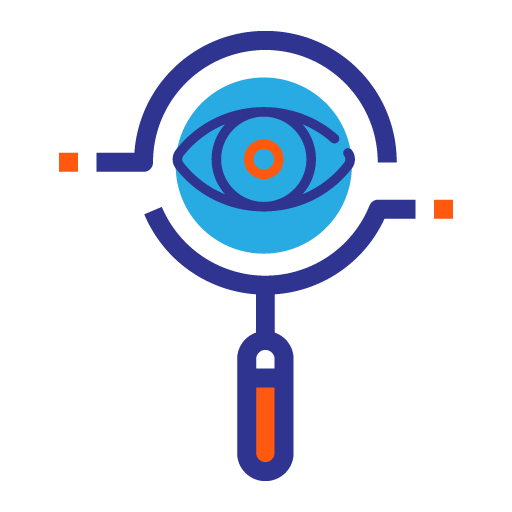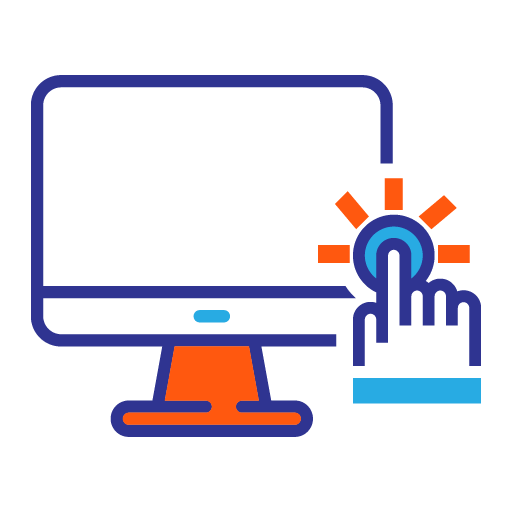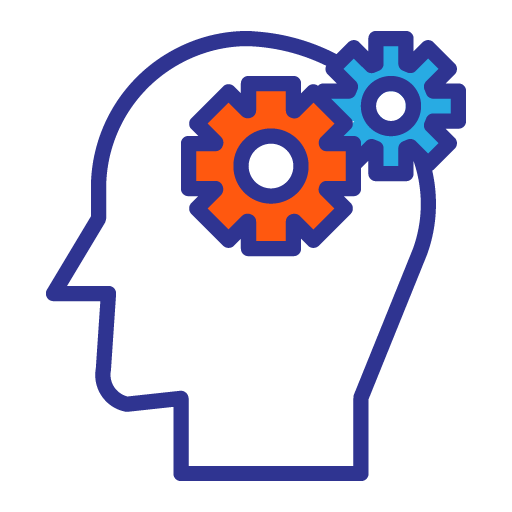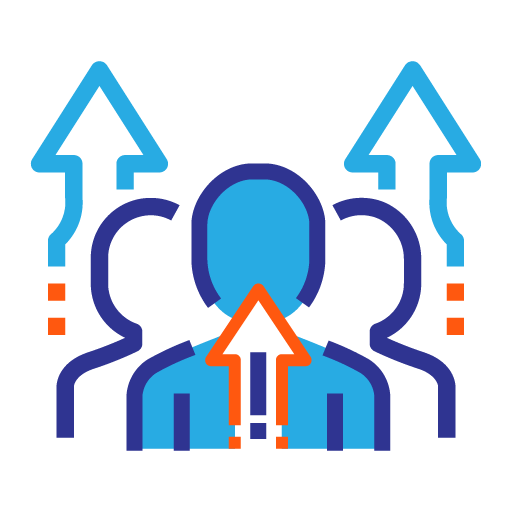
Build Early and Often
There is really no way around it. If you want to be a developer, you have to build.
Experts say that you need to practice a skill for over 60 days consecutively in order for it to become a habit, and it takes over 10,000 hours of practice to become an expert in something. In other words, the more you practice, the quicker you learn. The good news is, you don’t have to be an expert. You just have to be able to build and troubleshoot at the beginning. Here’s where goal setting is important — how many hours per week or month can you realistically set aside for building?
Once you have some coding basics down, you will naturally become inquisitive about how to do something on a website or application. Take those inquiries and make them a reality. One night out of curiosity, I looked up how to play audio files on a website, so I built a quick page with my top 5 list of songs to code to (here). It was a small, manageable project that used very beginner level code and took just a couple of hours to build. That’s what is amazing about being a developer. If you can think of it, you can build it. What are you interested in besides code? Are you a dog trainer? Or a ghost hunter? Maybe a ballroom dancer? Whatever it is, you can build something around it. You’re a developer!

Get Involved
My favorite part of the Harry Potter series is that Harry is not alone. Learning magic, like code, is hard, especially when the most evil wizard of all time is trying to kill you, but Harry’s friends Ron and Hermione give him strength and motivation, and eventually they defeat You-Know-Who. This makes sense from the theoretical perspective of social constructivism — that we construct our knowledge through interactions with others, where each of us has strengths.
That’s the goal of most study groups: to create a shared community of coders from various backgrounds with a variety of strengths. While everyone is generally working on their own projects, we happily help each other out when the need arises, and members love to collaborate on projects together. If you aren’t sure how to find a study group, start with some online groups and see if there is FreeCodeCamp chapter in your area. I attend their study groups regularly.
Study groups are one thing. Meetups are another. My local JavaScript and Python groups have monthly meetings with guest speakers that both teach and inspire with a range of topics and projects, and the JavaScript meetings always have food which is a plus! I also attend events sponsored by WomenWhoCode. They have great workshops, code sessions, speakers, hack-a-thons, and put on a fabulous 2-day conference in the summer, and they started social events! Who doesn’t want to see the next big superhero movie with 50 of your tech friends?
Join meetup.com and see what’s available in your area. Contributing to these groups is the best way to overcome imposter syndrome, the feeling that you are a fraud.



